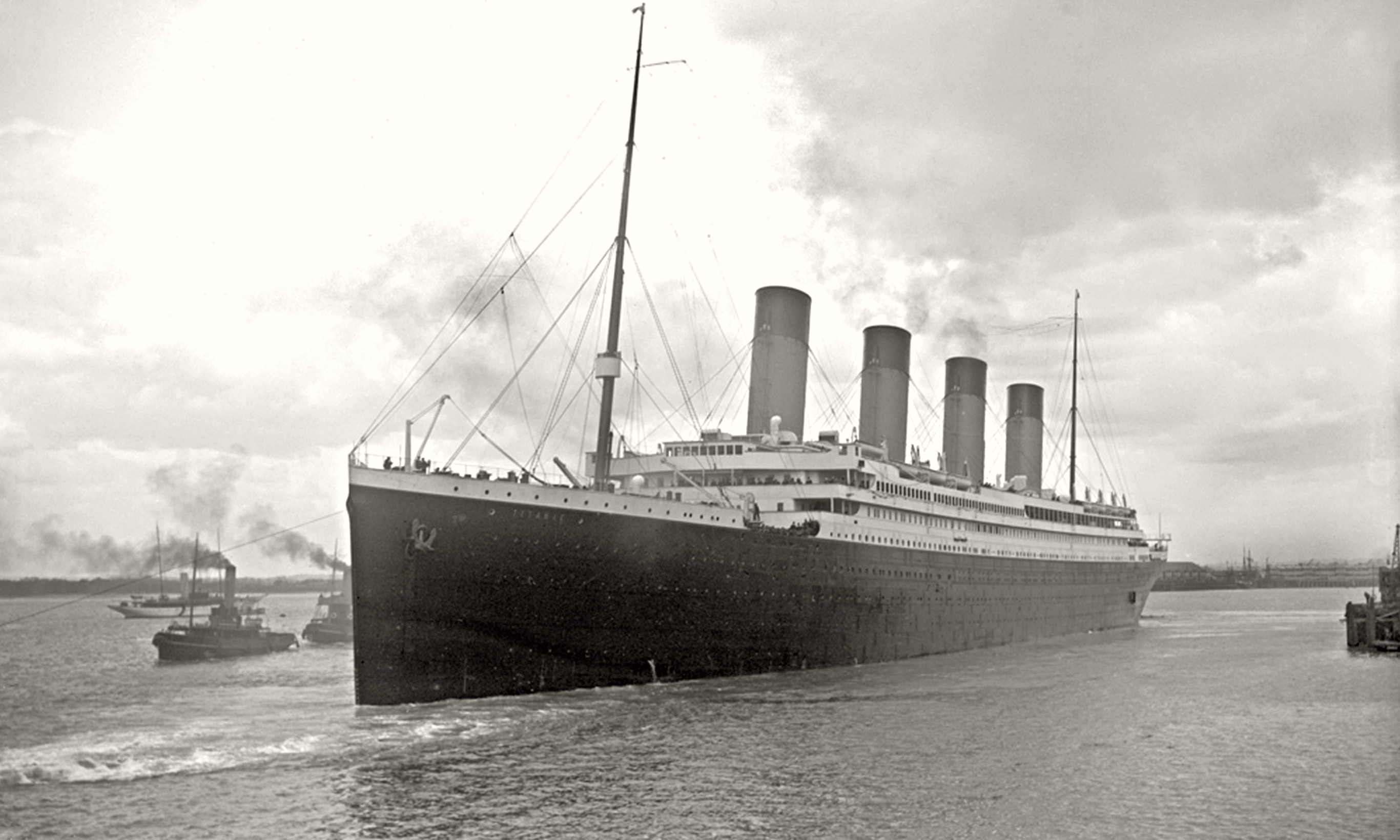15 Fun Facts About History's Inventions That Changed The World
In the vast tapestry of human history, certain threads stand out more vividly than others, weaving tales of ingenuity, creativity, and transformation. These threads are the inventions that have not only altered the course of history but have also reshaped the very fabric of our daily lives. This article embarks on a journey through the quirky realm of change, spotlighting 15 pivotal inventions and the astonishing fun facts that accompany them. From the wheel to the World Wide Web, each invention tells a story of human curiosity and the relentless pursuit of betterment. As we delve into these stories, we will uncover not just the inventions themselves, but also the fascinating anecdotes and surprising tidbits that make them so remarkable. This exploration will not only celebrate human innovation but also highlight the unexpected ways in which these creations have influenced our world. So, buckle up as we dive into the quirky, the unexpected, and the downright astonishing world of change through innovation.
1. The Wheel: Rolling into Revolution

The wheel is often hailed as one of the most significant inventions in human history, a simple yet profound innovation that radically transformed transportation and commerce. Originating around 3500 B.C. in Mesopotamia, the wheel's initial use was not for transportation but rather for pottery making. This early application underscores the inventive spirit of ancient civilizations, who saw potential beyond the obvious. Interestingly, the wheel was independently invented in several cultures, each adapting it to their unique needs. A fun fact about the wheel is its delayed adoption in other parts of the world, such as the Americas, where it was known but not utilized for transportation until much later. The wheel's impact on society cannot be overstated; it enabled the development of carts and chariots, facilitating trade and warfare and ultimately laying the groundwork for modern transportation systems. The wheel's simplicity belies its profound impact, showcasing how a straightforward idea can revolutionize the world.
2. The Printing Press: Spreading Knowledge

The invention of the printing press by Johannes Gutenberg in the mid-15th century marked a turning point in the dissemination of knowledge. Before its advent, books were painstakingly copied by hand, making them rare and expensive. Gutenberg's printing press democratized access to information, paving the way for the Renaissance and the spread of literacy. An intriguing fact about the printing press is that Gutenberg himself did not profit from his invention; he was embroiled in legal battles that left him bankrupt. Despite this, his press sparked a cultural revolution, enabling the mass production of books and the rapid spread of ideas. The printing press also played a crucial role in the Reformation, as Martin Luther's 95 Theses were widely distributed thanks to this technology. As we reflect on the printing press, we see how it transformed society by making knowledge accessible to the masses, setting the stage for the modern information age.
3. The Compass: Navigating New Worlds

The compass, an invention that revolutionized navigation, allowed explorers to venture into uncharted territories with confidence. Originating in China during the Han Dynasty, the compass was initially used for divination before its potential for navigation was realized. A fascinating aspect of the compass is its early use in Europe, where it was initially met with skepticism and even fear, as many believed it had mystical powers. However, as its reliability became evident, the compass became an indispensable tool for sailors. This invention played a pivotal role in the Age of Exploration, enabling figures like Christopher Columbus and Vasco da Gama to discover new lands. The compass not only facilitated global exploration but also spurred international trade and cultural exchanges, shaping the modern world. Its development highlights the interplay between science and superstition, showcasing how human curiosity can overcome fear to embrace innovation.
4. The Steam Engine: Powering Progress

The steam engine, a driving force behind the Industrial Revolution, transformed industries and societies by providing a new source of power. Developed in the late 17th century, the steam engine's evolution is marked by key figures like Thomas Newcomen and James Watt, whose improvements made it more efficient and versatile. A surprising fact about the steam engine is its initial use in pumping water from mines, a far cry from the locomotives and factories it would eventually power. The steam engine's impact on transportation was profound, as it enabled the development of railways and steamships, shrinking the world and accelerating the pace of commerce and communication. Beyond transportation, the steam engine revolutionized manufacturing, leading to the creation of factories and the rise of urban centers. This invention exemplifies how technological advancements can drive societal change, propelling humanity into a new era of industrialization and modernity.
5. The Telegraph: Connecting Continents

The telegraph, invented by Samuel Morse in the 1830s, revolutionized communication by enabling instant transmission of information over long distances. Before the telegraph, communication was limited by the speed of physical travel, making it slow and unreliable. A fun fact about the telegraph is the famous first message sent by Morse: "What hath God wrought?"This phrase captured the awe and wonder of an invention that would transform the world. The telegraph played a crucial role in various historical events, from coordinating military strategies during wars to facilitating the expansion of railroads. Its impact on journalism was also significant, as it allowed for the rapid dissemination of news, leading to the rise of modern media. The telegraph laid the groundwork for future innovations in communication, such as the telephone and the internet, showcasing the power of technology to connect people across vast distances.
6. The Telephone: Revolutionizing Conversation

The telephone, invented by Alexander Graham Bell in 1876, transformed personal and business communication by allowing people to converse in real-time across great distances. Initially met with skepticism, the telephone quickly gained popularity as its convenience and utility became apparent. An interesting tidbit about the telephone's early days is the term "Ahoy!" which Bell proposed as the standard greeting, though "Hello" eventually prevailed. The telephone's impact on society was profound, as it enabled more efficient business operations, facilitated social connections, and even played a role in emergency response systems. The telephone also paved the way for subsequent innovations in communication technology, such as mobile phones and the internet. As we consider the telephone's legacy, we see how it revolutionized the way we interact, breaking down geographical barriers and fostering a more connected world.
7. The Light Bulb: Illuminating the Night

The invention of the light bulb by Thomas Edison in 1879 brought about a profound change in how humans interact with their environment. Before electric light, people relied on candles and gas lamps, which were not only dim but also posed safety hazards. Edison's light bulb extended work and leisure hours, transforming cities into vibrant, bustling hubs of activity. A lesser-known fact about the light bulb is the fierce competition Edison faced from other inventors, such as Joseph Swan, who independently developed a similar device in England. Despite the rivalry, Edison's version became the standard due to his development of a complete electrical distribution system. The light bulb's impact on society was immense, as it facilitated industrial growth, improved quality of life, and even influenced architecture and urban planning. This invention highlights the transformative power of light, both literally and metaphorically, as it brightened the path to modernity.
8. The Airplane: Conquering the Skies
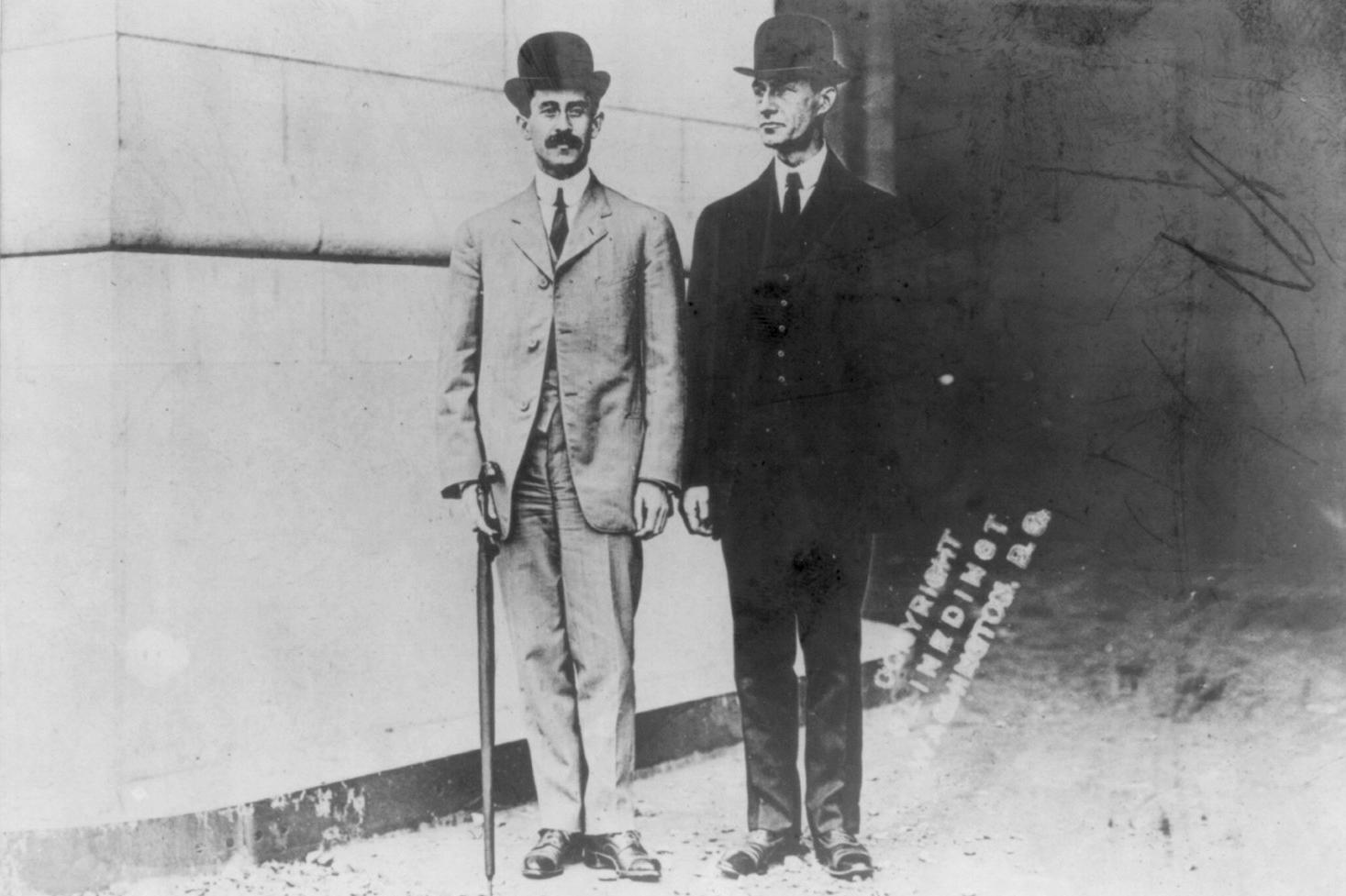
The invention of the airplane by the Wright brothers in 1903 marked a new era in transportation, enabling humans to conquer the skies. Their successful flight at Kitty Hawk, North Carolina, demonstrated the feasibility of powered, controlled flight, a dream that had captivated humanity for centuries. A fascinating aspect of the Wright brothers' achievement is their background as bicycle mechanics, which informed their understanding of balance and control. The airplane's impact on society has been profound, revolutionizing travel, commerce, and even warfare. It has enabled global connectivity, shrinking the world and facilitating cultural exchanges. The development of commercial aviation has transformed the way people travel, making distant destinations accessible to the masses. As we reflect on the airplane's legacy, we see how it has redefined the boundaries of possibility, allowing humanity to soar to new heights and explore the world from a new perspective.
9. The Automobile: Driving Change

The invention of the automobile, with Karl Benz's creation of the first practical car in 1885, revolutionized transportation and reshaped modern society. The automobile provided unprecedented freedom and mobility, allowing people to travel independently and explore new horizons. A fun fact about the early automobile industry is the fierce competition between steam, electric, and gasoline-powered vehicles, with gasoline ultimately prevailing due to its longer range and greater efficiency. The automobile's impact on society has been multifaceted, influencing urban planning, economic development, and even cultural norms. It has facilitated the growth of suburbs, transformed industries, and become a symbol of personal freedom and status. The automobile has also played a significant role in shaping environmental policies and technological advancements, such as the development of electric and autonomous vehicles. As we consider the automobile's legacy, we see how it has driven change in countless ways, steering humanity toward a more connected and mobile future.
10. The Radio: Waves of Influence

The invention of the radio by Guglielmo Marconi in the late 19th century revolutionized communication and entertainment by harnessing electromagnetic waves to transmit sound. Radio quickly became a popular medium, providing news, music, and entertainment to millions of listeners. An interesting fact about radio's early days is the role of amateur radio operators, known as "hams," who were instrumental in advancing the technology and exploring its potential. Radio's impact on society has been profound, influencing culture, politics, and even social movements. It played a crucial role during World War II, serving as a tool for propaganda and information dissemination. The rise of radio also paved the way for subsequent innovations in broadcasting, such as television and the internet. As we reflect on radio's legacy, we see how it has shaped the way we consume information and entertainment, creating a more connected and informed world.
11. The Computer: Calculating Change
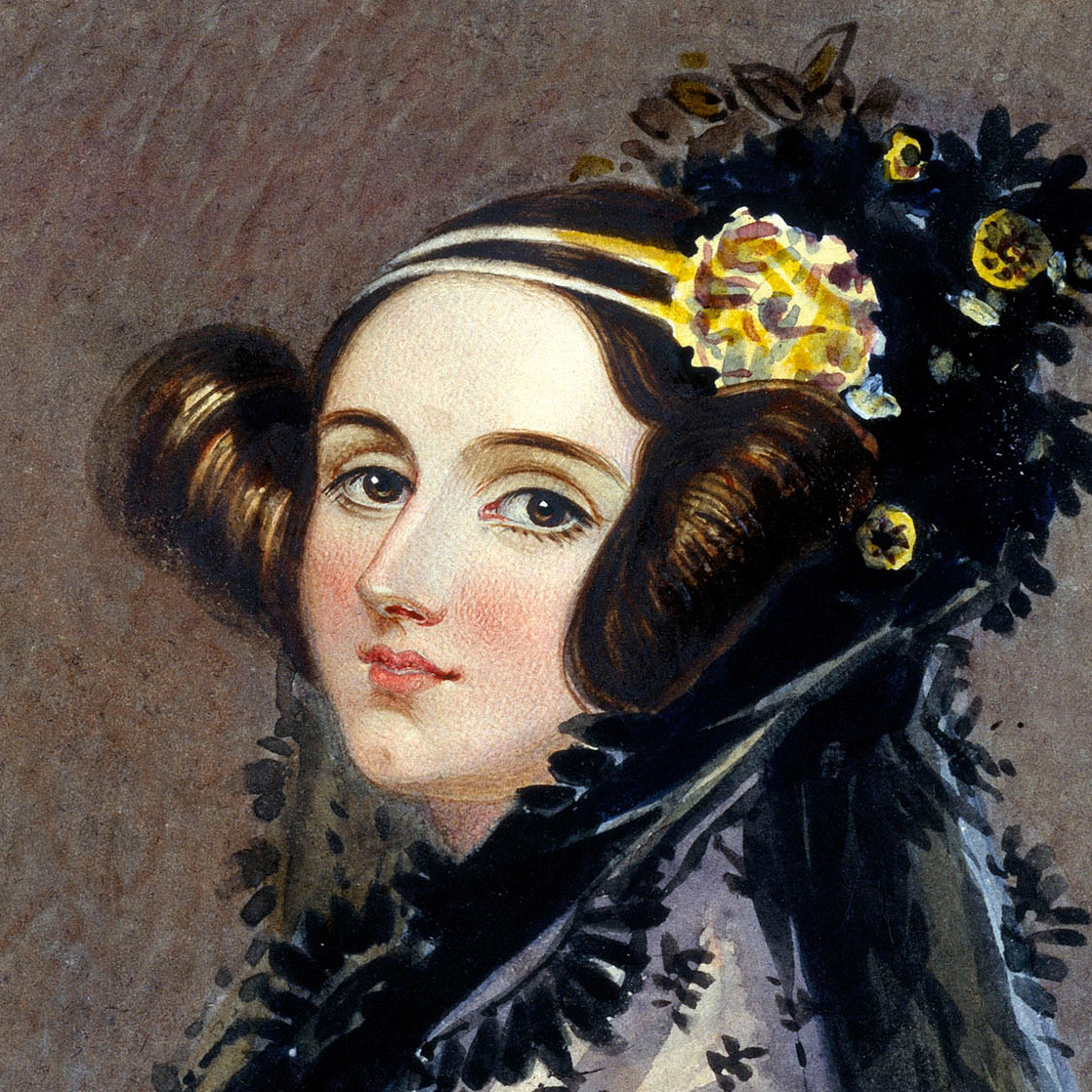
The invention of the computer, with its origins in the mid-20th century, revolutionized the way we process information and perform complex calculations. Early computers, such as the ENIAC, were massive machines that filled entire rooms, yet their capabilities were limited compared to today's devices. A fascinating aspect of computer history is the role of women in programming, with figures like Ada Lovelace and Grace Hopper making significant contributions to the field. The computer's impact on society has been transformative, influencing industries, education, and even personal lives. It has enabled the development of the internet, artificial intelligence, and countless other technologies that have reshaped the modern world. As we consider the computer's legacy, we see how it has become an indispensable tool, empowering individuals and organizations to innovate and solve complex problems. The computer exemplifies the power of technology to drive change and unlock new possibilities.
12. The Internet: Weaving a Web of Connectivity

The invention of the internet, a network of networks, has fundamentally transformed the way we communicate, access information, and conduct business. Originating in the late 20th century, the internet began as a military project before evolving into a global phenomenon. A surprising fact about the internet is therole of Tim Berners-Lee, who invented the World Wide Web in 1989, creating a user-friendly interface that democratized access to information. The internet's impact on society has been profound, influencing everything from commerce and education to social interactions and entertainment. It has enabled the rise of social media, e-commerce, and digital communication, creating a more connected and informed world. As we reflect on the internet's legacy, we see how it has woven a web of connectivity, transforming the way we live, work, and interact with one another. The internet exemplifies the power of technology to bridge distances and foster global collaboration.
13. The Smartphone: A Pocket Revolution

The invention of the smartphone, with Apple's introduction of the iPhone in 2007, revolutionized communication and computing by combining the capabilities of a phone, computer, and camera into a single device. Smartphones have become indispensable tools, providing instant access to information, communication, and entertainment. An interesting tidbit about smartphones is their rapid adoption, with billions of devices in use worldwide within just a few years of their introduction. The smartphone's impact on society has been profound, influencing everything from social interactions and commerce to education and healthcare. It has enabled the rise of mobile apps, social media, and digital communication, creating a more connected and informed world. As we consider the smartphone's legacy, we see how it has transformed the way we live, work, and interact with one another, putting the power of technology in the palm of our hands. The smartphone exemplifies the power of innovation to drive change and enhance our daily lives.
14. The Electric Car: Driving Toward Sustainability

The invention of the electric car, with its roots in the early 20th century, has gained renewed interest in recent years as a sustainable alternative to traditional gasoline-powered vehicles. Electric cars offer numerous benefits, including reduced emissions, lower operating costs, and improved energy efficiency. A fascinating aspect of electric car history is the role of early pioneers like Thomas Edison and Henry Ford, who explored electric vehicle technology long before its recent resurgence. The electric car's impact on society has been significant, influencing environmental policies, technological advancements, and even cultural norms. It has spurred innovation in battery technology, charging infrastructure, and renewable energy, driving the transition toward a more sustainable future. As we reflect on the electric car's legacy, we see how it has the potential to reshape the transportation industry and reduce our environmental footprint. The electric car exemplifies the power of innovation to address global challenges and create a more sustainable world.
15. The 3D Printer: Crafting the Future
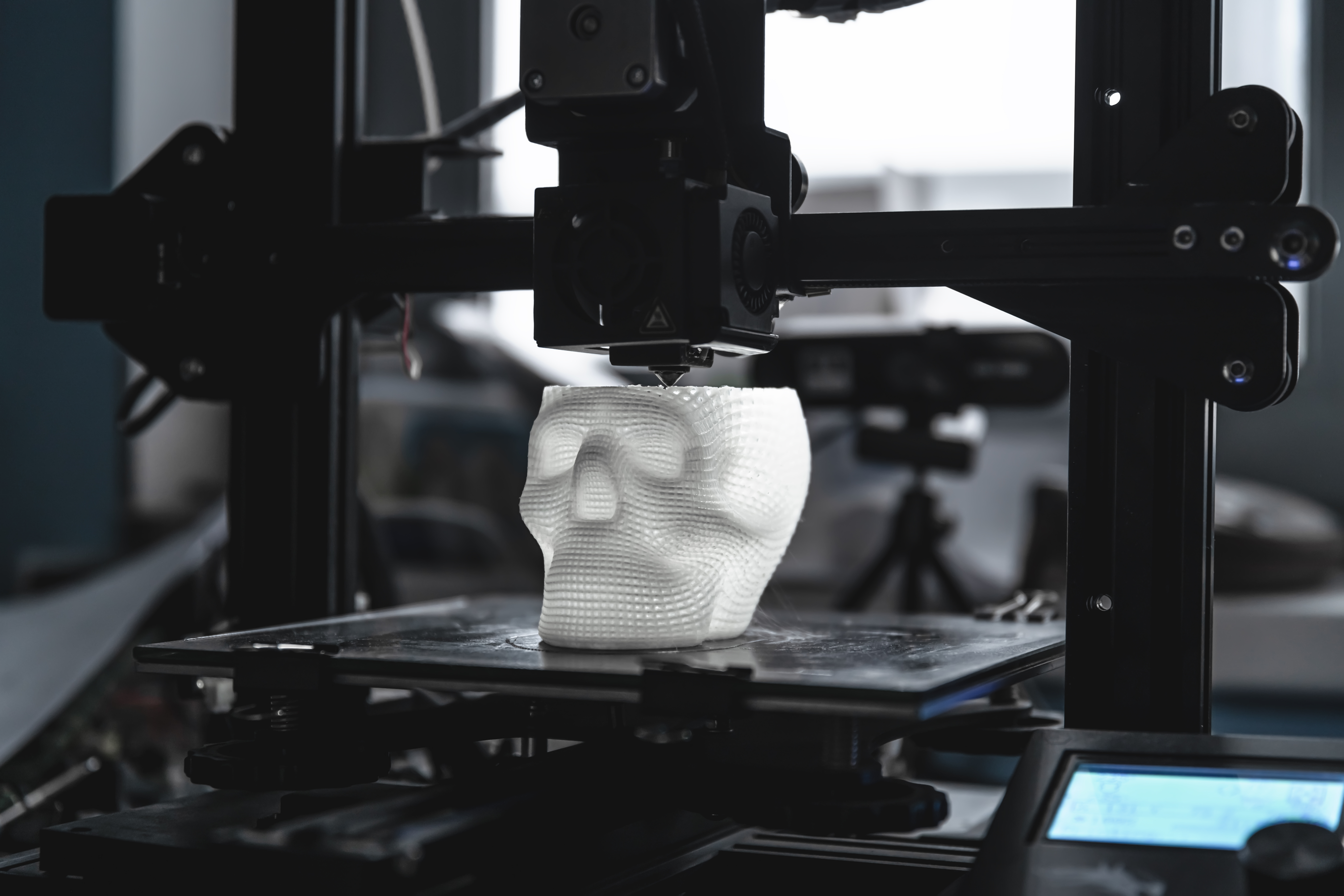
The invention of the 3D printer, with its ability to create three-dimensional objects from digital designs, has revolutionized manufacturing and design. 3D printing offers numerous advantages, including rapid prototyping, customization, and reduced waste. A surprising fact about 3D printing is its diverse applications, from creating medical implants and prosthetics to constructing entire buildings. The impact of 3D printing on society has been profound, influencing industries such as healthcare, aerospace, and fashion. It has enabled new forms of creativity and innovation, allowing individuals and organizations to bring their ideas to life. As we reflect on the 3D printer's legacy, we see how it has the potential to transform the way we design, produce, and consume goods. The 3D printer exemplifies the power of technology to drive change and unlock new possibilities, crafting a future where imagination knows no bounds.
Embracing the Quirky Realm of Change
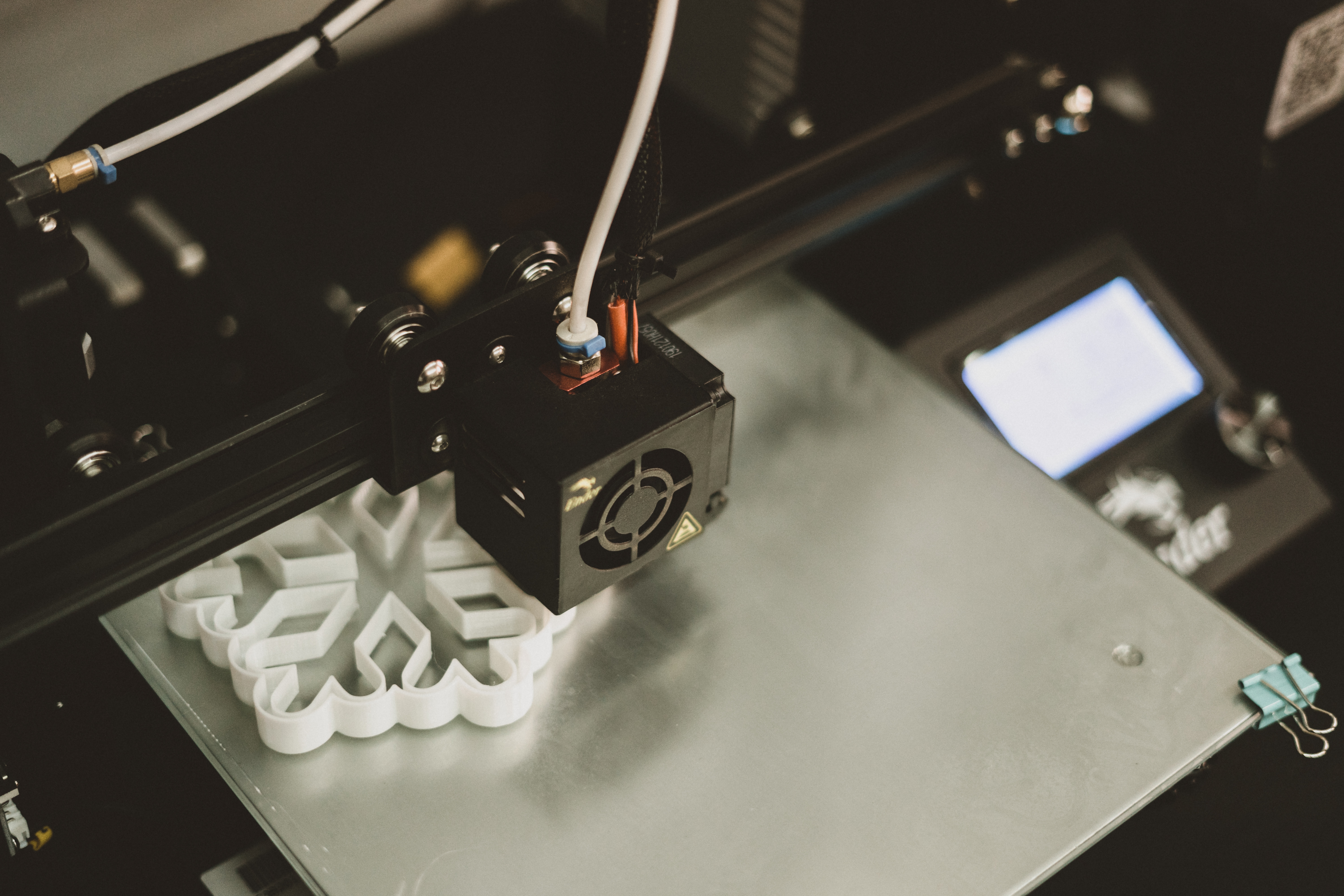
As we conclude our journey through the quirky realm of change, we are reminded of the profound impact that invention and innovation have had on our world. From the wheel to the World Wide Web, each invention has contributed to the tapestry of human progress, weaving stories of creativity, curiosity, and transformation. These inventions not only reflect the ingenuity of their creators but also the adaptability and resilience of societies that embraced change. As we look to the future, we are inspired by the potential for new inventions to address global challenges and enhance our lives.






